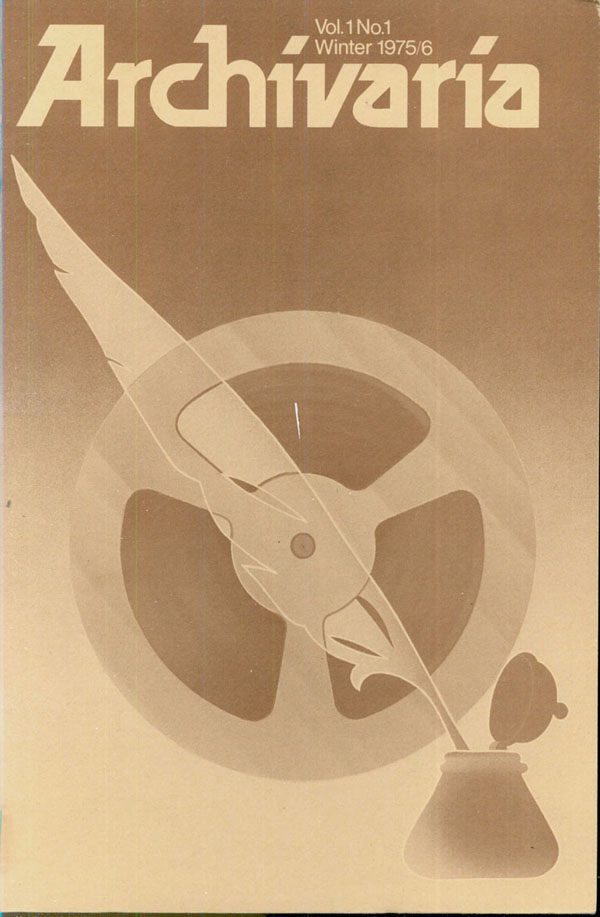Public Archives and Religious Records: Marriage Proposals
Abstract
Abstract
This article attempts to rationalize the position of religious archives in Canada. Following a general overview of the most recent developments in the religious field, the article concludes that based on their present denominational structure, religious archives are incapable of serving these new religious tendencies now supported by interdenominational frameworks. Following a brief overview of the resurgence in contemporary interest for the study of religious history in Canada, the author places an emphasis on a number of characteristics found in this field of study. Today’s religious study differs from the previous interest because its authors have been trained in the
social sciences; they are now interested in a global religious history as opposed to an individual history of a specific religion. Researchers also wish to integrate their studies into social history in general. The author worries that because of a lack of financial resources, the scattered state of this documentation and the fragmentation of denominational archives, too few religious archival documents will be preserved and made available to researchers. The author proposes that public federal and provincial archives play a more important role in this issue by bringing together religious and secular archives so as to circumvent the issue of the conservation of the archives of interdenominational organizations. The author guards against confiding this role to universities, even if the history of some of these educational institutions are closely linked to the evolution of a number of religions.
Résumé
Cet article traite des moyens de rationaliser la situation des archives religieuses au Canada. Après avoir brossé un tableau des plus récents développements dans le domaine religieux, il conclut à l'incapacité des institutions d'archives religieuses telles qu'organisées présentement sur une base confessionnelle, de servir ces nouvelles tendances sous-tendues par des cadres interconfessionnels. Après un bref aperçu sur un regain d'intérêt contemporain pour l'étude de l'histoire religieuse au Canada, il insiste surtout sur certaines caractéristiques de cette nouvelle génération d'études, différentes de l'ancienne par la formation en sciences sociales de leurs auteurs, leur intérêt pour l'histoire religieuse globale par opposition à une histoire individuelle des diverses Églises et leur souci d'intégrer leurs travaux à l'histoire sociale en général. L'auteur exprime la crainte que, à cause de la pauvreté des ressources financières, de l'éparpillement de la documentation et de la fragmentation de l'organisation des archives confessionnelles, trop peu de documents d'archives religieuses seront préservés et mis à la disposition des chercheurs. I1 propose que les archives publiques, fédérale et provinciales, jouent un plus grand rô1e dans ce domaine en rapprochant archives religieuses et archives profanes pour surtout obvier au problème de la conservation des archives d'organismes interconfessionnels. Il s'inscrit en faux contre la tradition de confier ce rô1e à des universités même si l'histoire de quelques-unes d'entre elles a été intimement liée à l'évolution de certaines Églises.
Authors of manuscripts accepted for publication retain copyright in their work. They are required to sign the Agreement on Authors' Rights and Responsibilities that permits Archivaria to publish and disseminate the work in print and electronically. In the same agreement, authors are required to confirm that "the material submitted for publication in Archivaria, both in its paper and electronic versions, including reproductions of other works (e.g. photographs, maps, etc.) does not infringe upon any existing copyright." Authors of manuscripts accepted for publication retain copyright in their work and are able to publish their articles in institutional repositories or elsewhere as long as the piece is posted after its original appearance on archivaria.ca. Any reproduction within one year following the date of this agreement requires the permission of the General Editor.





